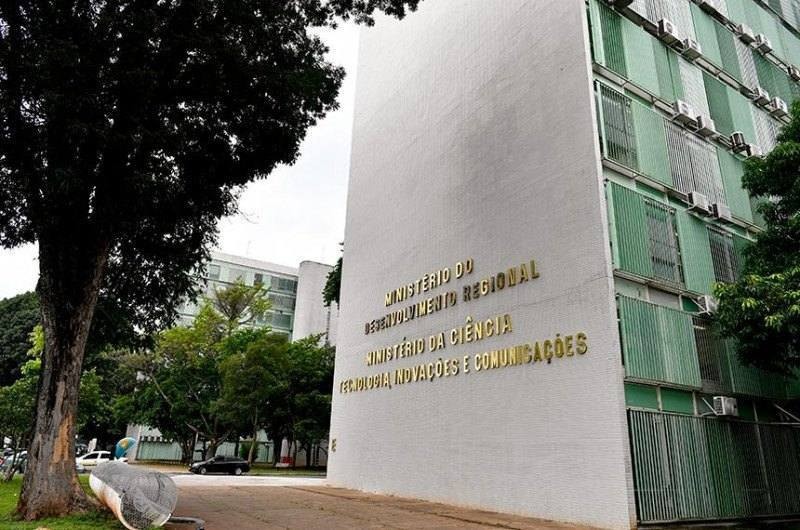Last month, the federal government cut R$600 million in the budget of the Ministry of Science and Technology. The amount represents 92% of Brazil’s science and technology budget and is intended to fund research and investments in the region, including the payment of scholarships to researchers who are fully devoted to the development of scientific research.
knowledge and growth
Science plays a very important strategic role in the economy, as a means of sustaining growth. In order to achieve economic growth, it is necessary to increase the value of production (I am not talking about prices, but about value). There are two ways to do this. The first is to increase the quantity of what is produced which requires more inputs and factors used in production.
Phrase
“An investment in knowledge pays off better.”
Benjamin Franklin, American inventor and politician
increase quantity
In this approach, the productive capital (the number of factories, machines, farms, etc.) and the number of people engaged in production is increased. This strategy is good, but it has its limitations as it offers incrementally smaller production gains as the use of factors (capital and labour) increases. It is said in “Economics” that increased use of a factor produces diminishing returns. That is, the more capital and labor you use, the less you will profit from it.
Diminishing returns
Why are returns decreasing? Because the best features are used first. When you build your first 10 factories, you choose the best places. When you build the cent, the place is no longer good. The same goes for farms. The first would be on the most productive land; Also for the labour, the first engineers to be hired will be the most qualified, and so on.
innovations
As such, this growth strategy is purely quantitative and requires ever greater efforts to earn the same. Truly sustainable economic growth comes not only from increased production, but from the creation of innovative ways of production. Innovations allow for increased efficiency and productivity and to generate increased returns.
2 . innovations
Innovations make it possible to develop better ways of carrying out production or even create completely new products and services. From seeds of more resistant and productive varieties to vaccines against COVID-19 and 5G mobile internet technology. All these innovations, very beneficial to the economy, were developed only through investment in science and research.
Country sharing
State participation is essential in scientific research. Everywhere in the world, it is so. Scientific research often takes years to generate an economic return (and sometimes never), so private initiative cannot be expected to take the lead in producing scientific research. This can happen in specific situations, but it is usually the state that needs to fund the research in order for it to have economic potential.
demobilization
Cutting research funding in Brazil is very dangerous, as it will lead to layoffs with lasting effects. It’s not just about cutting back now and coming back later, when there are more resources and the budget is stagnant. Many research will be permanently stopped, as the researchers will do other things, and will work in other places or even in other countries.
cut meat
A little less than a month after the announcement of the R$600 million cut for science and technology, during the PEC dos Precatórios vote, we reached R$9.3 billion in parliamentary amendments approved by the federal government, along with the hatch. in the spending ceiling. As a friend of mine says, our government is used to cutting meat to conserve fat.

“Hardcore beer fanatic. Falls down a lot. Professional coffee fan. Music ninja.”

/https://i.s3.glbimg.com/v1/AUTH_bc8228b6673f488aa253bbcb03c80ec5/internal_photos/bs/2024/i/b/dBHF93RfiHcQwLJ0WWvQ/agif24041720243471.jpg)
/https://i.s3.glbimg.com/v1/AUTH_bc8228b6673f488aa253bbcb03c80ec5/internal_photos/bs/2024/Q/J/UKxQsfQKiaSANdDhoBww/gettyimages-2148883163.jpg)




More Stories
Beer Chemistry: Discover the science behind your favorite beverage
3 detox juices to dry your stomach quickly
Vision problems can predict dementia 12 years before diagnosis